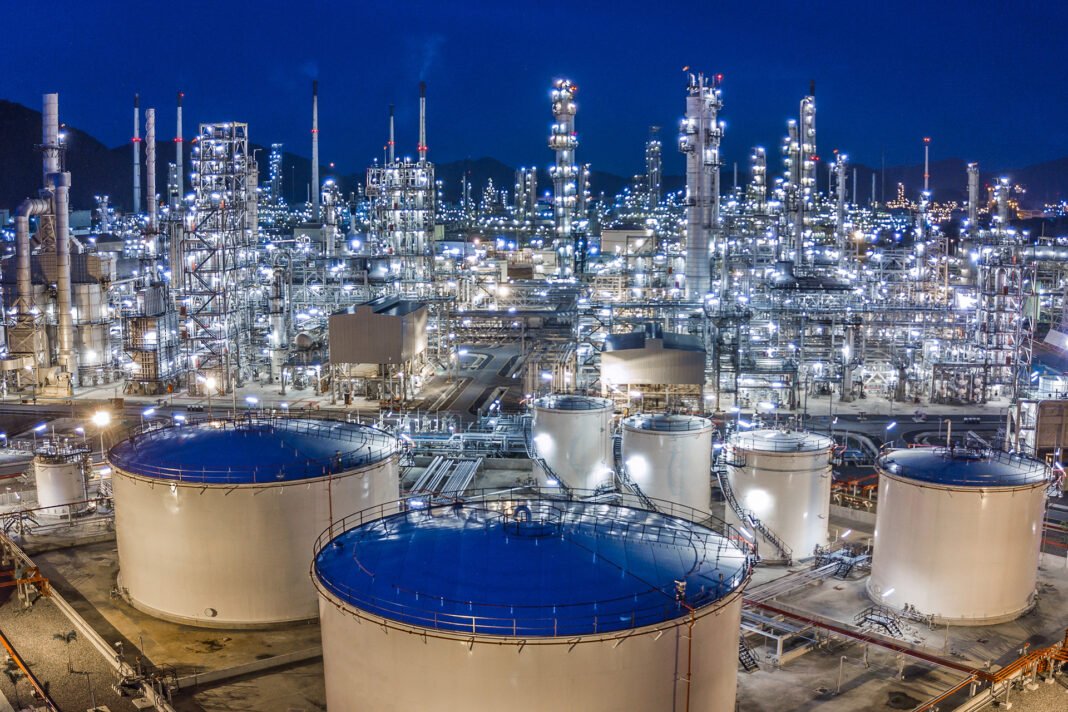Iraq is close to a major shift in its energy sector. The country will soon launch the Fluid Catalytic Cracking (FCC) unit at the South Refineries Company in Basra. This major step aims to reduce Iraq’s fuel imports and improve domestic fuel production. By increasing refining capacity through projects like the FCC unit, Iraq is taking strategic action to reduce Iraq’s fuel imports and strengthen energy independence.
The FCC unit marks one of the most strategic projects in Iraq’s refining sector. It will play a vital role in cutting the country’s dependence on foreign petroleum products. Iraqi officials expect this project to change the energy landscape dramatically.
During a recent site visit, Iraq’s oil minister highlighted the final phase of construction. Japanese firms are handling the technical work, backed by a loan from Japan. Trial operations are expected to begin soon.
The FCC unit will produce 4,200 to 4,500 cubic meters of high-octane gasoline each day. It will also supply diesel that meets European environmental standards. These outputs will support the national fuel supply and reduce the need for imports.
Before this development, Iraq imported over 16,000 cubic meters of gasoline daily. That level has already dropped due to improvements at other refineries. Once the FCC unit starts working, officials expect gasoline imports to fall to just 2,000 to 3,000 cubic meters daily.
The Iraqi energy sector has saved billions through reduced imports. Two years ago, Iraq spent over $5 billion on white petroleum products. That cost now stands below $1 billion. When the FCC unit becomes fully operational, spending on imported fuel could drop to zero.
Refinery projects in Karbala and Kirkuk are also helping Iraq meet its fuel needs. The Karbala refinery now produces up to 9,000 cubic meters of gasoline each day. This output helps keep import levels between 4,000 and 5,000 cubic meters.
Meanwhile, the Kirkuk refinery is preparing for trial production. Its daily capacity will be no less than 1,600 cubic meters of gasoline. This progress reflects Iraq’s broader strategy to upgrade and expand its refining system.
The FCC unit in Basra belongs to a national push to modernize Iraq’s refineries. Other projects in Karbala, Kirkuk, Central, and Northern Iraq aim to boost fuel quality. They also focus on meeting strict global environmental standards.


